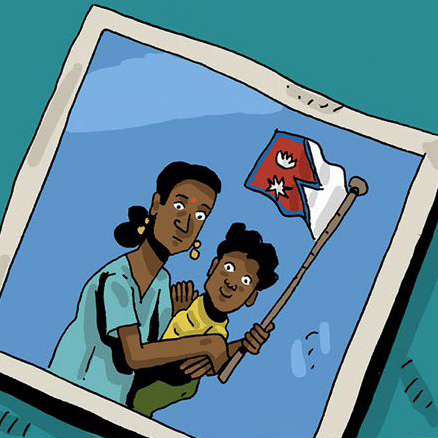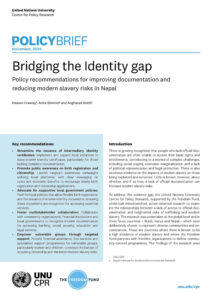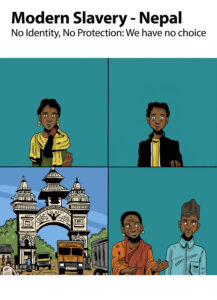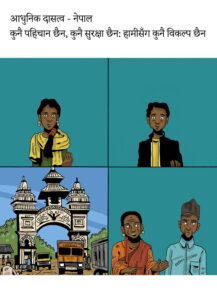A new Policy Brief by the United Nations University Centre for Policy Research (UNU-CPR), with support from the Freedom Fund, highlights the critical link between lacking official documentation and increased vulnerability to modern slavery in Nepal.
For generations, many communities in Nepal – particularly migrant groups, women in cross-border marriages and marginalised populations – have faced systemic barriers to obtaining documentation. Bureaucratic hurdles, restrictive laws, and deep-rooted social norms particularly impact women and children, depriving them of access to education, formal employment, financial services and legal protections, often pushing them into informal and exploitative work.
Efforts to address the lack of official documentation in Nepal have shown that community-led initiatives between civil society organisations and local governments can be highly effective in reducing vulnerabilities to modern slavery, for example, by providing interim identity solutions and access to justice.
These efforts not only provide essential documentation but also restore dignity and agency to people and families who have been excluded for generations. Access to interim identity documents enables individuals to enrol in schools, access healthcare and secure livelihoods, breaking down barriers that perpetuate poverty and abuse. These solutions are a testament to the importance of recognising identity as a fundamental human right and a cornerstone of social and economic empowerment.
Dive into the full findings and recommendations in the Policy Brief. Also available in Nepali.
Explore the lived experiences of people without documentation, vividly captured through comics by PositiveNegatives, available in English and Nepali.






